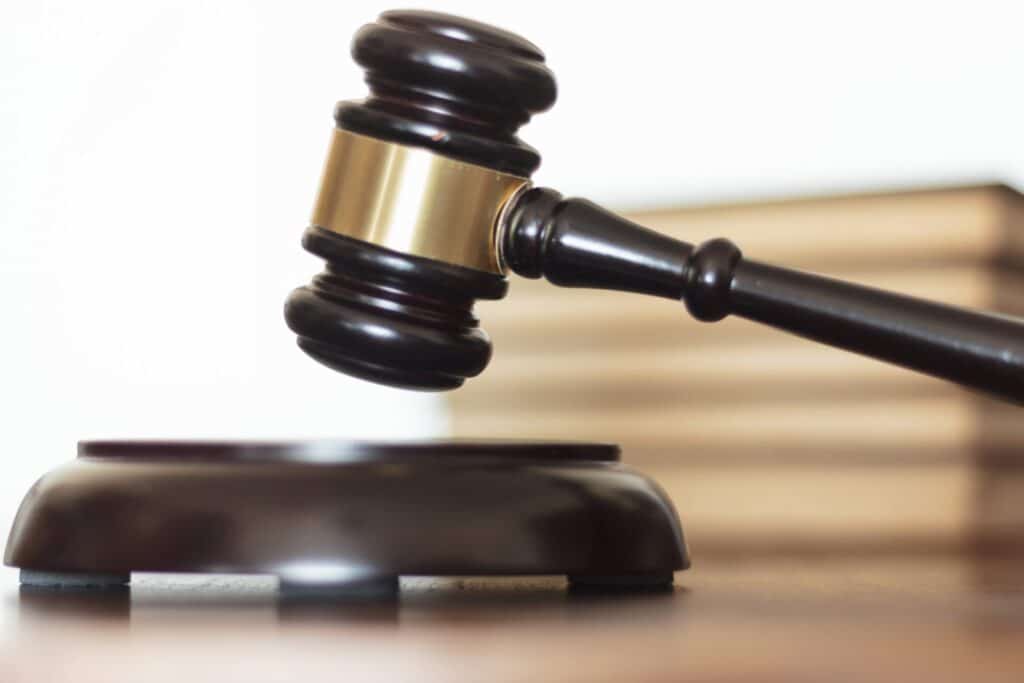Out of all of the ways that the criminal justice system is stacked against someone who’s been charged with a crime, the harmless error rule is one of the worst. As we’ll point out in this blog post, the harmless error rule makes it far more difficult to overturn a criminal conviction on an appeal. As we’ll point out in our next blog, a recent court case has made the harmless error rule even stronger, making it somehow even worse for criminal defendants.
The Harmless Error Rule
The U.S. Constitution guarantees your right to a fair trial, if you should ever face one for a criminal charge. However, because lawyers and judges are not superhuman, it is often said that this guarantee is for a fair trial, and not a perfect one. Sometimes, mistakes are made during a trial, and these mistakes can result in your conviction when you should really have been acquitted.
This is why criminal convictions can be appealed to a higher court, and where your criminal defense attorney can argue your case that the mistake made in trial changed the outcome of it. If the appellate judges agree, your conviction can be thrown out, or the case can be sent back down for another trial.
The harmless error rule, though, rests on the idea that not all mistakes made in trial – even if those mistakes infringed on your constitutionally guaranteed rights – will make the difference between a conviction and an acquittal. Some mistakes might not impact the outcome, at all, or are just “water under the bridge.” Sending these cases back down to the trial court for another trial would put too much strain on an already overworked judicial branch.
As a result, the harmless error rule involves an appellate court doing the unthinkable – agreeing that a defendant’s constitutional rights were violated, but then affirming their conviction, anyway.
To prevent this from happening, it is up to the defense attorney to argue on appeal that not only was a constitutional right violated but that this violation could have been the difference-maker between a conviction and an acquittal. This extra step is not an easy one. Every piece of evidence can be the difference-maker. To have to show that it was the constitutional violation that sat between your conviction and your acquittal is a hefty responsibility and one that can create a lot of headaches in the criminal appeal process.
Maine Criminal Defense Attorney William T. Bly
A criminal conviction is not the end of the story. Appeals are available for a reason and should be pursued if there is any hope of overturning a conviction, even if the harmless error rule is a potential obstacle.
William T. Bly is a criminal defense attorney in the state of Maine who has represented countless clients in their fight against a criminal accusation. Contact his law office online or call him at (207) 571-8146 if you need legal representation.


